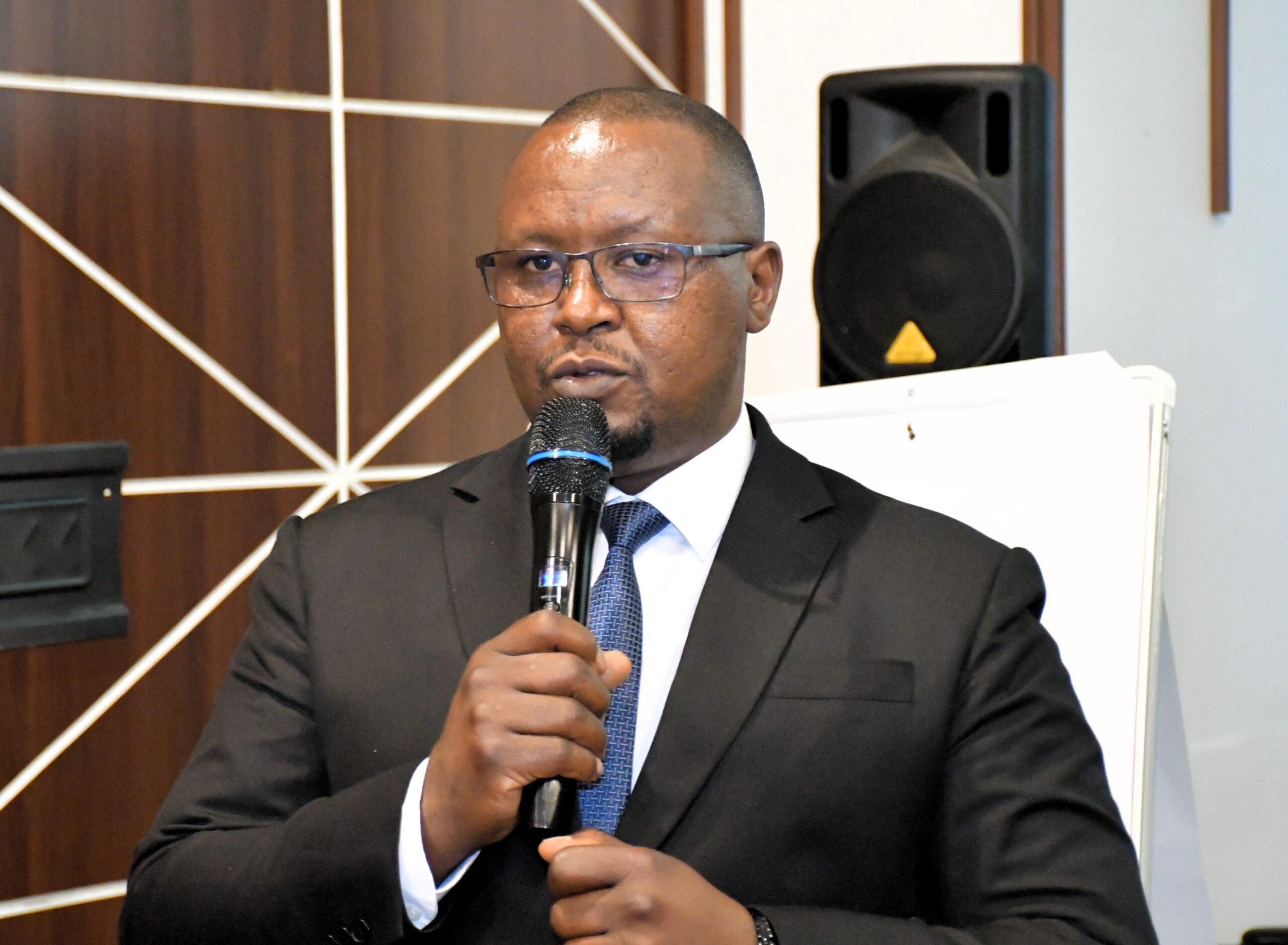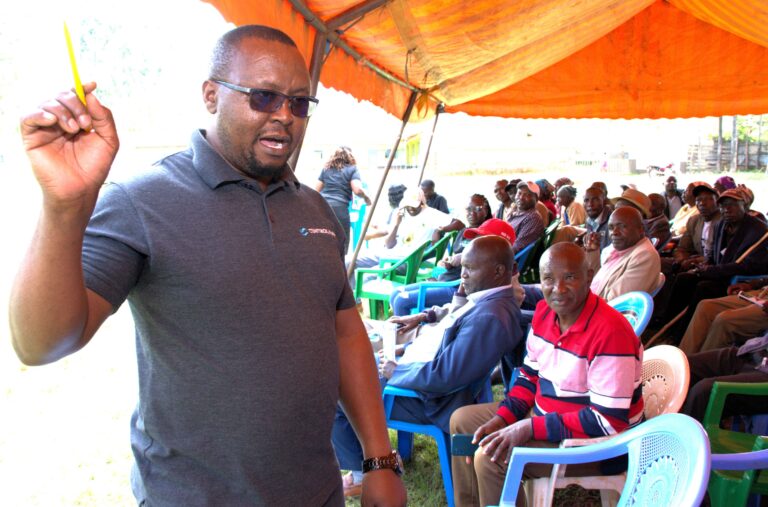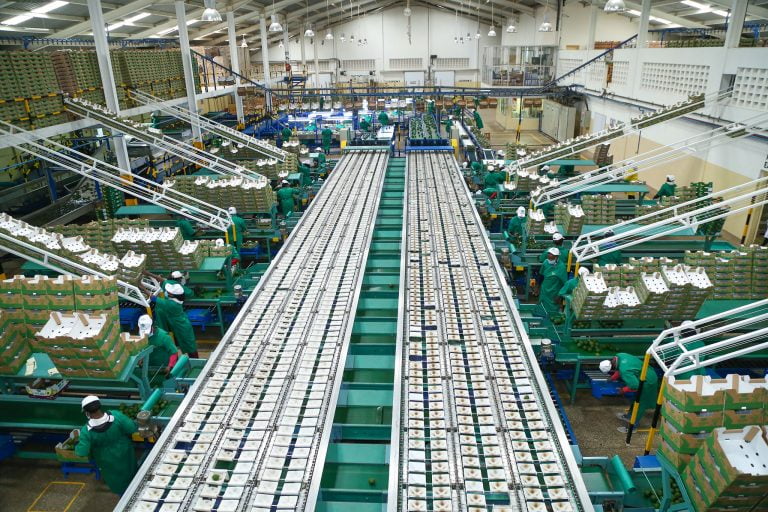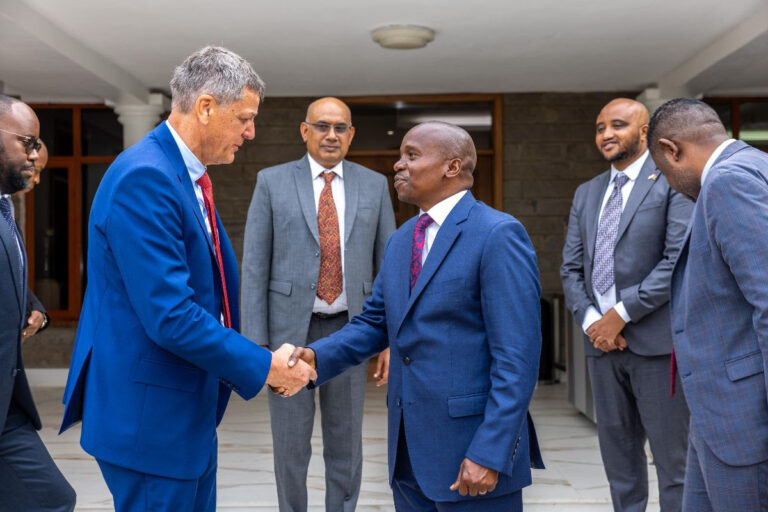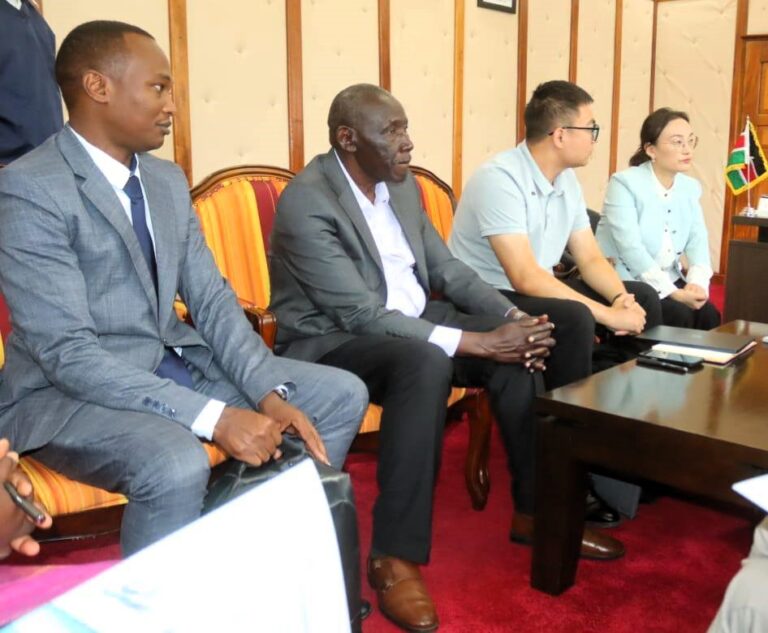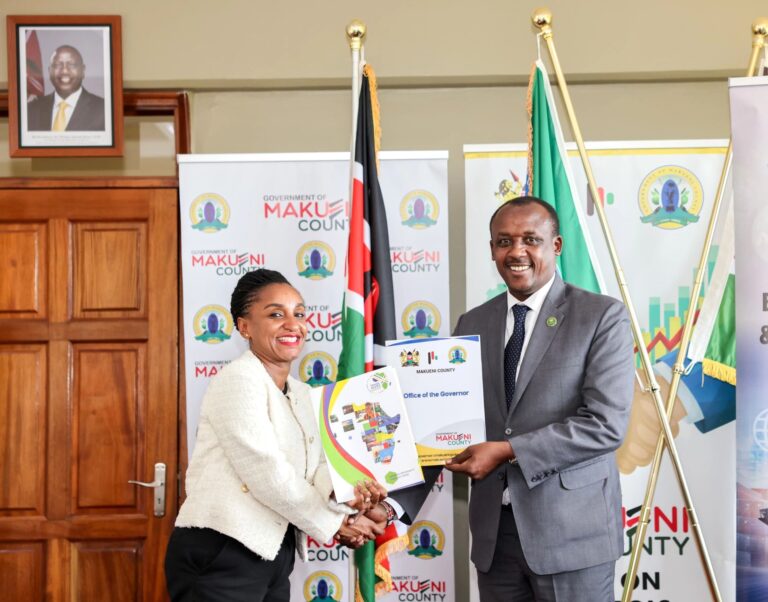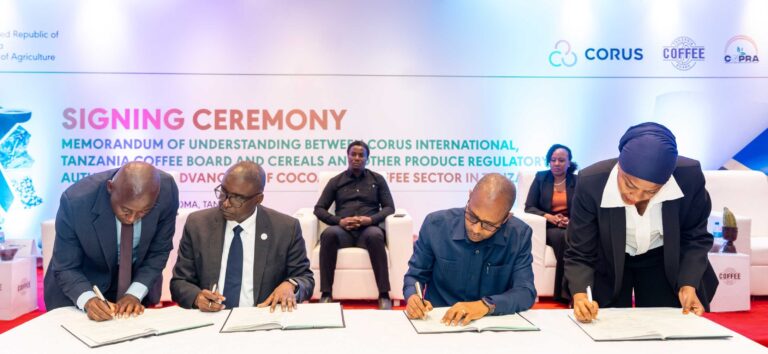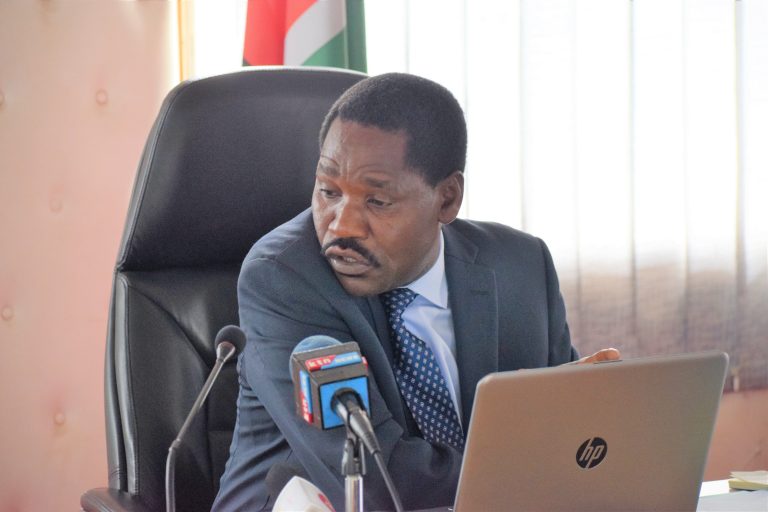By Kimuri Mwangi
Certification is crucial for anyone intending to export produce from Kenya to Europe or other countries. For herb farmers and exporters, it is not a choice but a requirement to be certified. There are several certification standards, and the process of certification is equally important. To understand more about this, Kilimo News writer Kimuri Mwangi spoke to James Mureithi, the Managing Director of Control Union in Kenya. Here is an excerpt from the interview.
Let’s start by getting to know you.
Control Union is based in Nairobi, but we also have offices across the region in Uganda, Tanzania, Rwanda, Ethiopia, the Ivory Coast, Ghana, and South Africa. Globally, we operate in many countries, with our head office in the Netherlands. Our services cover farming and certification worldwide. We offer certification, inspection, training through our academy, pest control, and laboratory services.
In Kenya, our focus is on inspection, pest control, and certification. The standards we cover include GlobalGAP, Organic, Rainforest, SMETA (Sedex Members Ethical Trade Audit), and regenerative agriculture. In Mombasa, we handle commodity inspection and fumigation. We are approved by the Pest Control Products Board (PCPB) for commercial pest control, and accredited by the Kenya Accreditation Service (KENAS) for ISO 17020 inspection.
What is happening today?
Today, we are in Nairobi hosting a stakeholders’ meeting. We have invited partners from the organic, Rainforest, and GlobalGAP sectors. Most of them are our clients or consultants who work with us. We are sensitizing them on updates to EU Regulation 848 of 2018, GlobalGAP v6 Smart, and Rainforest.
How are you involved in certification?
Control Union is a certification body. We act as independent third-party verifiers to check if clients comply with standards such as GlobalGAP, Organic, Rainforest, SMETA, or regenerative agriculture. If they comply, we issue certificates that grant them access to markets. This is important because most of the target markets for farmers, traders, and exporters are outside Kenya, mainly in Europe and the US.
What are the benefits of being certified?
Certification provides several benefits. The most direct is access to export markets. Farmers and exporters experience this immediately after completing the process. Other benefits relate to environmental protection, as most standards emphasize good agricultural practices that minimize negative impacts. Certification also safeguards workers’ welfare, health, and safety. The benefits cut across the value chain: producers, traders, and finally, consumers who are assured of safe produce.
Some say certification is costly.
Certification is an investment, just like any other business expense. To access export markets, you must invest in certification. It’s not only about the audit but also about implementing the required practices. The cost starts at the implementation stage, because you must comply with certain principles before applying for audits. For this reason, certification costs should be factored into business budgets.
Do small farmers have an option of lowering certification costs?
Yes. Farmers can lower costs through group certification. They can form cooperatives, community-based organizations, or self-help groups, then apply as a group. They are then certified collectively under one certificate, which they use to trade together. This makes the cost per farmer much lower, and I strongly encourage smallholders to pursue this option.
Does certification increase demand for one’s produce?
Yes. For example, we have certified several organic and Rainforest coffee producers. One client we certified this year sold his entire harvest and received a better price than those selling conventional coffee. The benefits are clear, and I encourage farmers interested in organic coffee to pursue certification. The investment pays off.
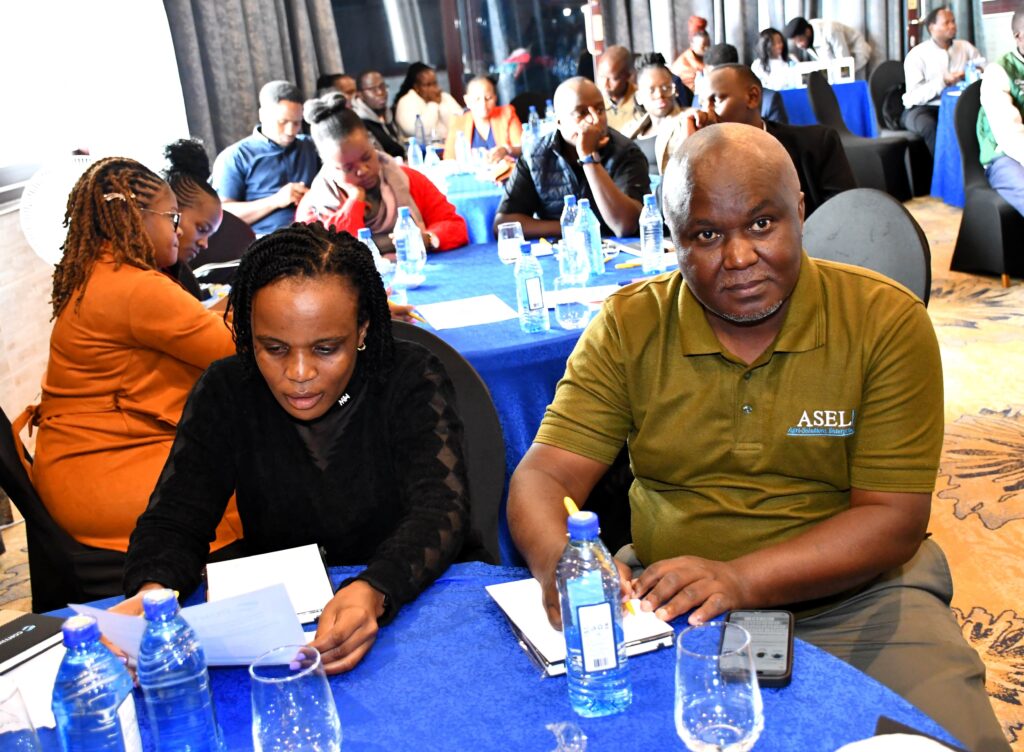
Has the lack of awareness limited certification, especially in organic coffee?
Yes, awareness is still a challenge. Take avocado as an example: by 2015, very few Kenyan farmers were certified. But when global demand for organic avocado increased, farmers in Murang’a, Kiambu, Nyeri, Kirinyaga, Embu, and Meru adopted certification quickly. I believe coffee will follow the same path as awareness grows. Stakeholders should continue supporting farmers with information on the benefits of certification and organic farming.
Which crop leads in certification?
Avocado. About 90% of our certification work is in avocado because global demand is currently focused on organic avocado. Farmers respond to market demand, and if other value chains attract similar demand, our farmers can produce organically as well.
What challenges exist in the sector?
There are several challenges. Some farmers cannot afford audit or certification fees. Others struggle to hire consultants or compliance managers needed before audits. Timelines are another issue. When non-compliances are raised, standards require them to be corrected within set deadlines. Many clients find it hard to meet these timelines. Despite these challenges, adoption is improving. Farmers are becoming more aware, better prepared, and certification is gradually becoming easier for everyone.
Which crops do you certify?
We certify all crops that clients request. In East Africa, this includes avocado, macadamia, fine beans, mango, pineapple, herbs, cocoa, coffee, bananas, soya beans, sesame, and cotton, among others. We also certify medicinal cannabis in Uganda, where it is legal.
What’s the process of getting certified?
We come in at the final stage. Farmers must first decide which standard to certify against, based on customer demand, for example, organic avocado, GlobalGAP, or Rainforest. Once farmers implement the requirements and feel ready, they apply to us. We then audit them. If non-compliances are found, they must provide corrective action, which we review. After that, we make a certification decision. In most cases, about 99.9% end positively, and clients are certified.
What does it mean to be a third party?
It means we are independent. We have no financial or commercial interest in the client’s business. The first party is the farmer or exporter, the second is the customer demanding certification, and we are the third. Our role is to verify compliance without bias.
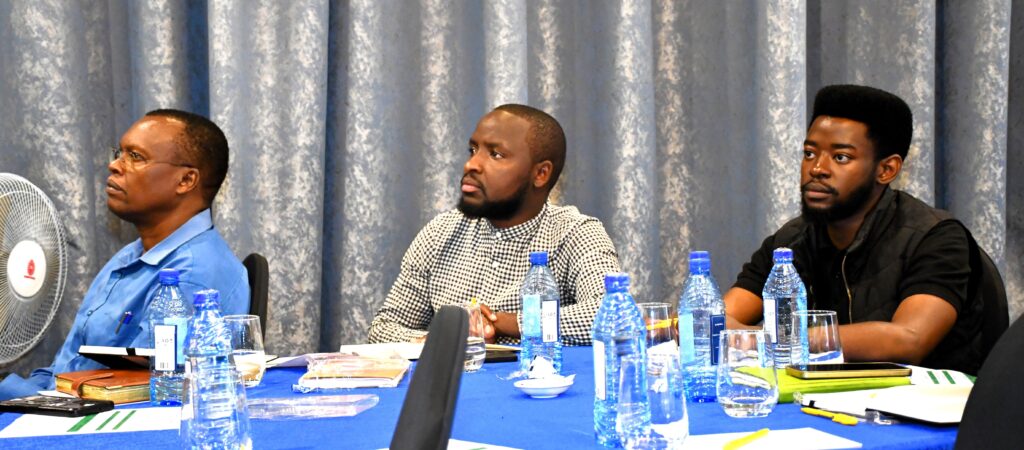
What’s your advice to farmers?
My advice is simple: invest in certification. Certified businesses grow faster and reduce operational costs. Certification improves resource management, enforces good agricultural practices, and streamlines everything from site selection to input use, seed selection, and worker training. This reduces waste of time and resources. Certification is not just a paper exercise. It builds sustainable systems that keep businesses strong and profitable in the long term.
Your final word?
We need to come together as governments, the private sector, farmers, exporters, and all stakeholders in the export business. We must support farmers at the production level, as well as those involved in processing and exports. It is important to sit down, hold constructive conversations, and work collectively. That is how we will grow together as a country and as a region, while empowering one another.


